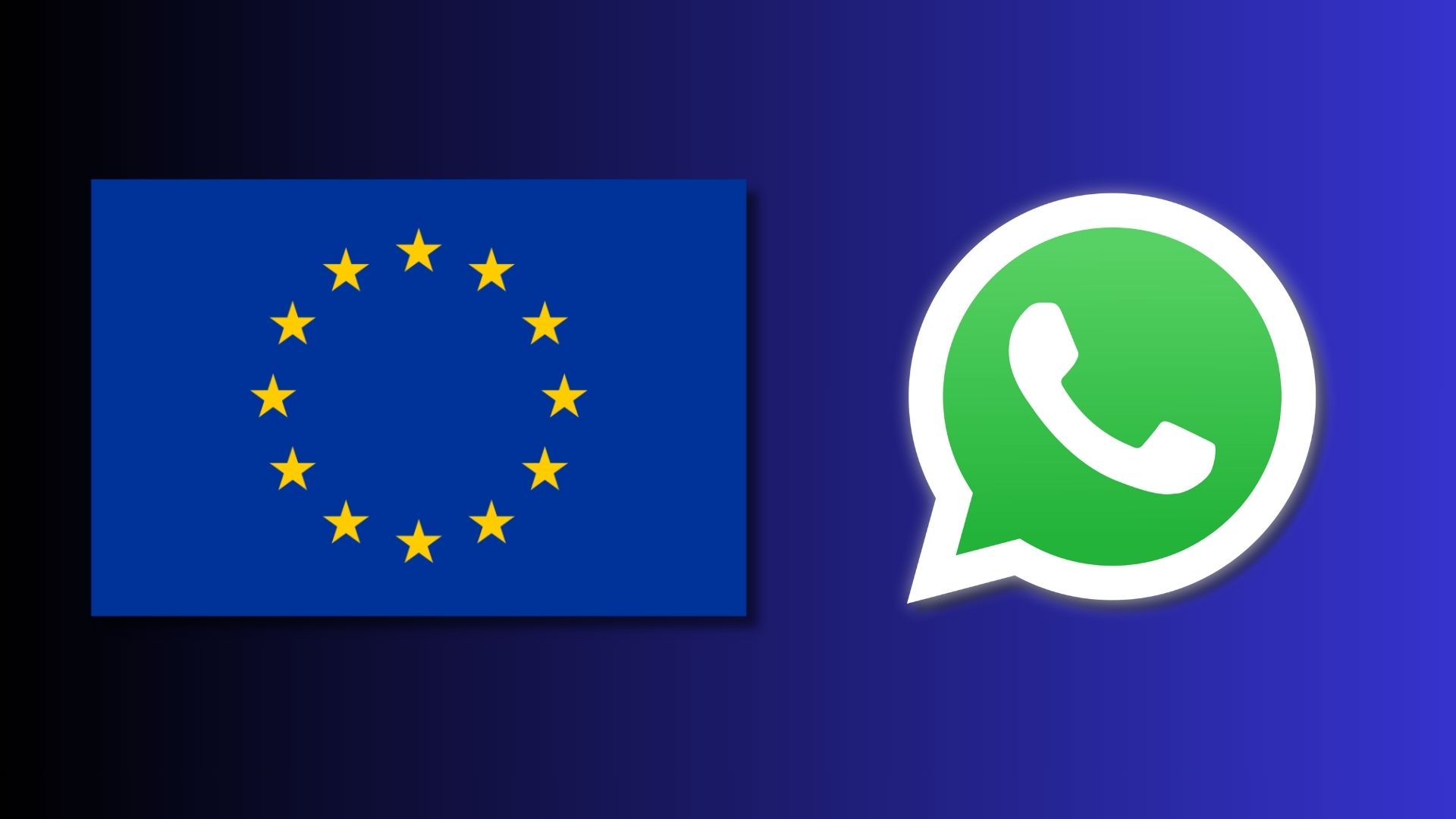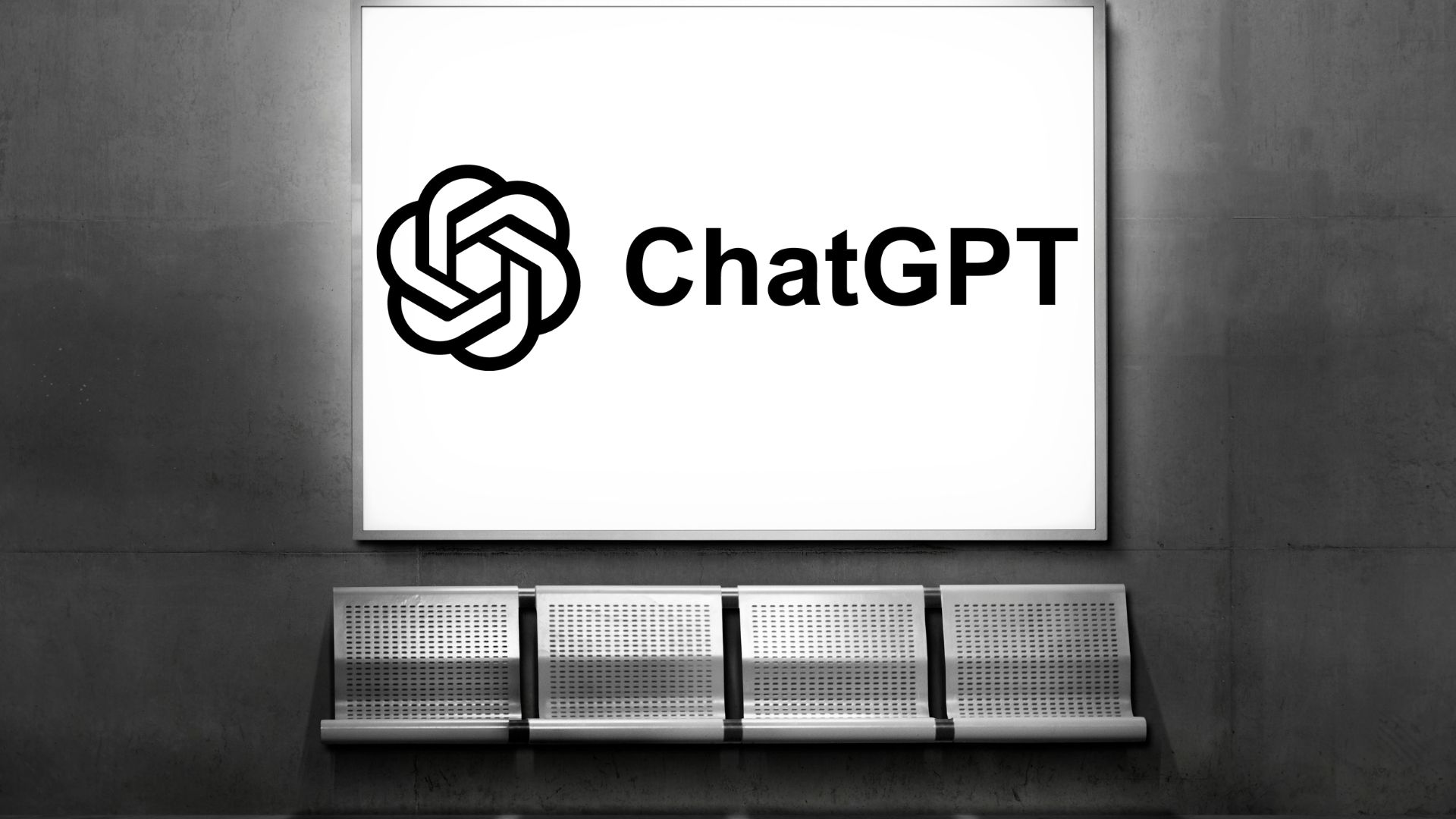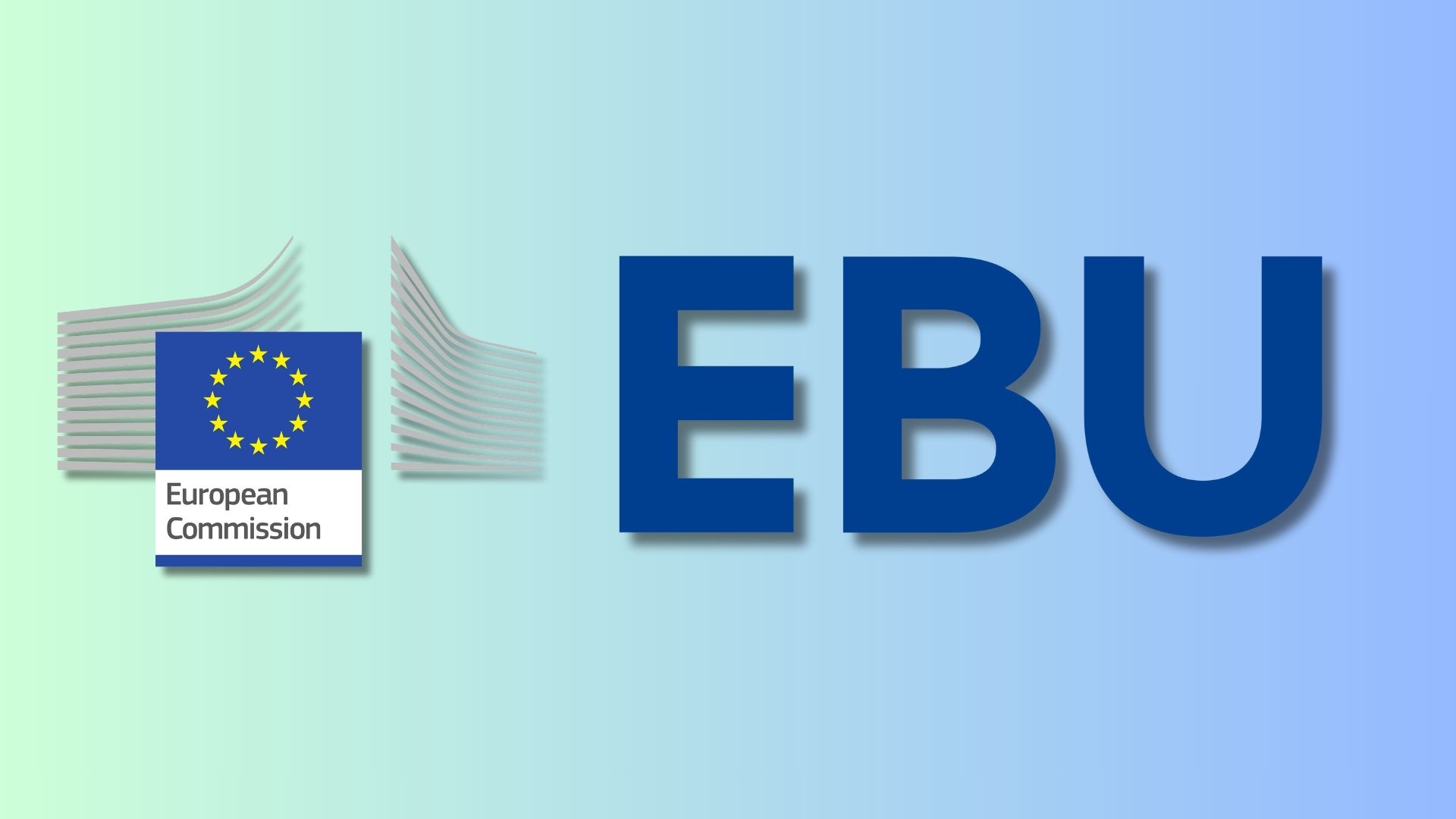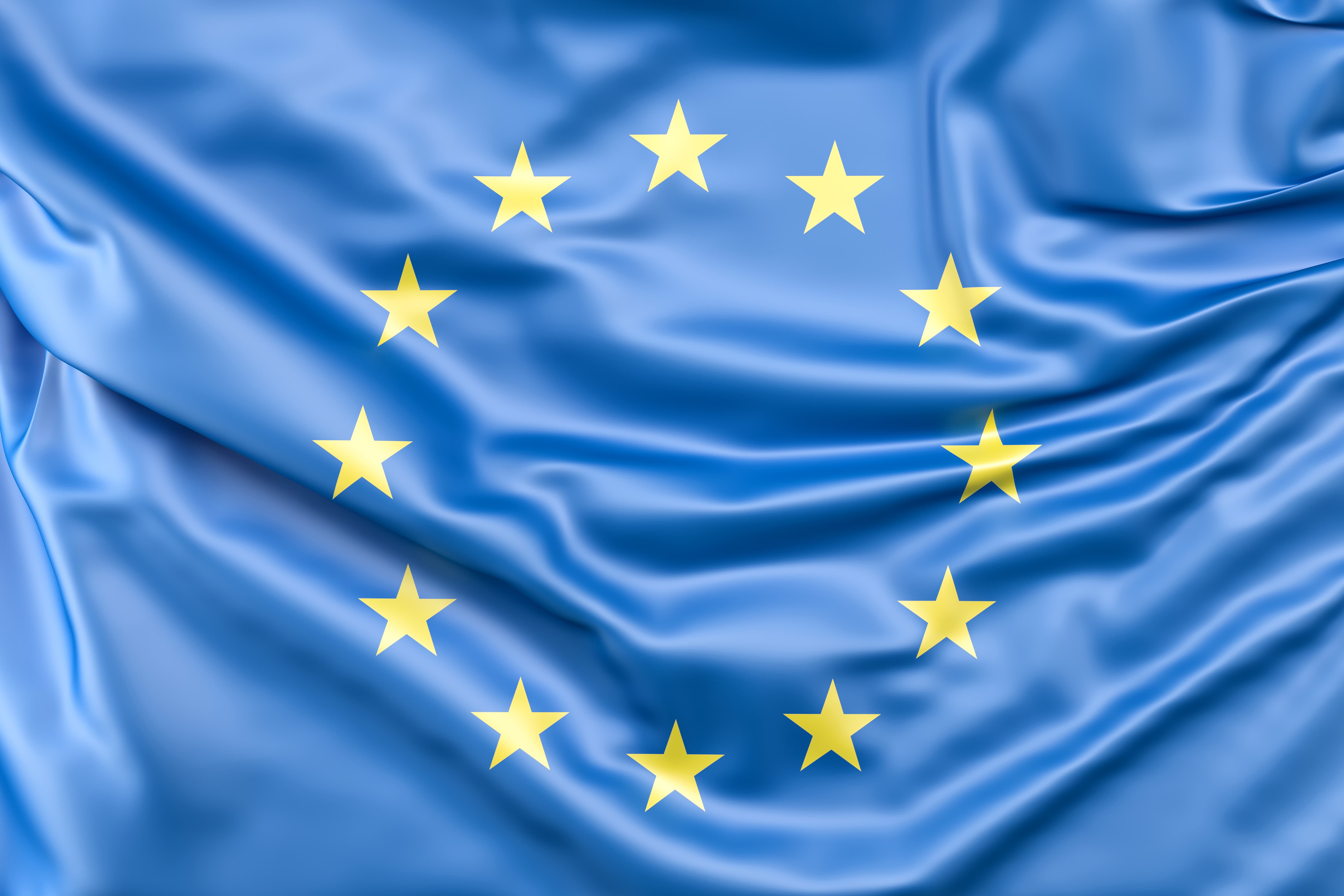The Court of Justice of the EU has ruled that WhatsApp can challenge an EDPB decision directly in European courts. Judges confirmed that firms may seek annulment when a decision affects them directly instead of relying solely on national procedures.
A ruling that reshapes how companies defend their interests under the GDPR framework.
The judgment centres on a 2021 instruction from the EDPB to Ireland’s Data Protection Commission regarding the enforcement of data protection rules against WhatsApp.
European regulators argued that only national authorities were formal recipients of these decisions. The court found that companies should be granted standing when their commercial rights are at stake.
By confirming this route, the court has created an important precedent for businesses facing cross-border investigations. Companies will be able to contest EDPB decisions at EU level rather than moving first through national courts, a shift that may influence future GDPR enforcement cases across the Union.
Legal observers expect more direct challenges as organisations adjust their compliance strategies. The outcome strengthens judicial oversight of the EDPB and could reshape the balance between national regulators and EU-level bodies in data protection governance.
Would you like to learn more about AI, tech and digital diplomacy? If so, ask our Diplo chatbot!









